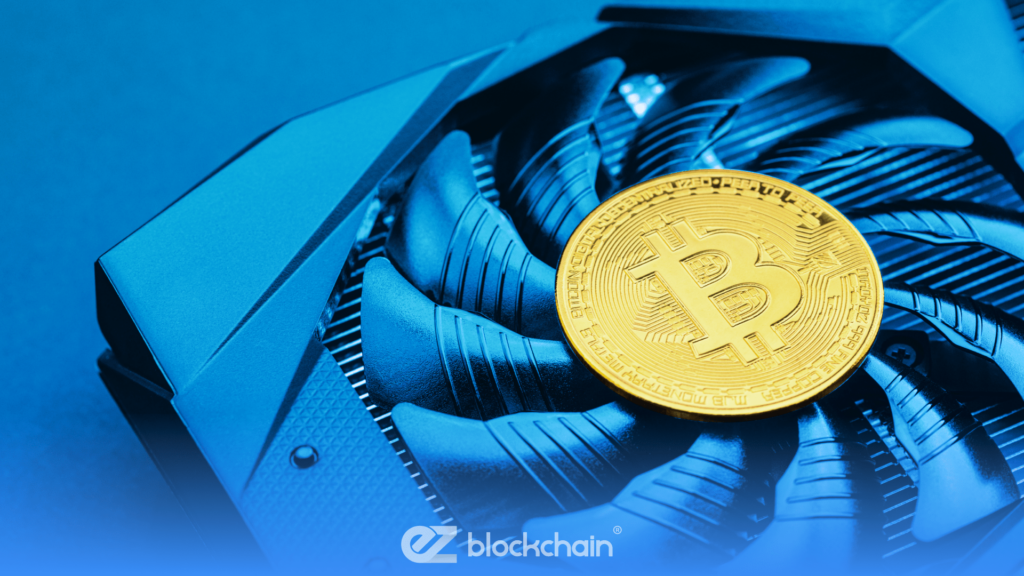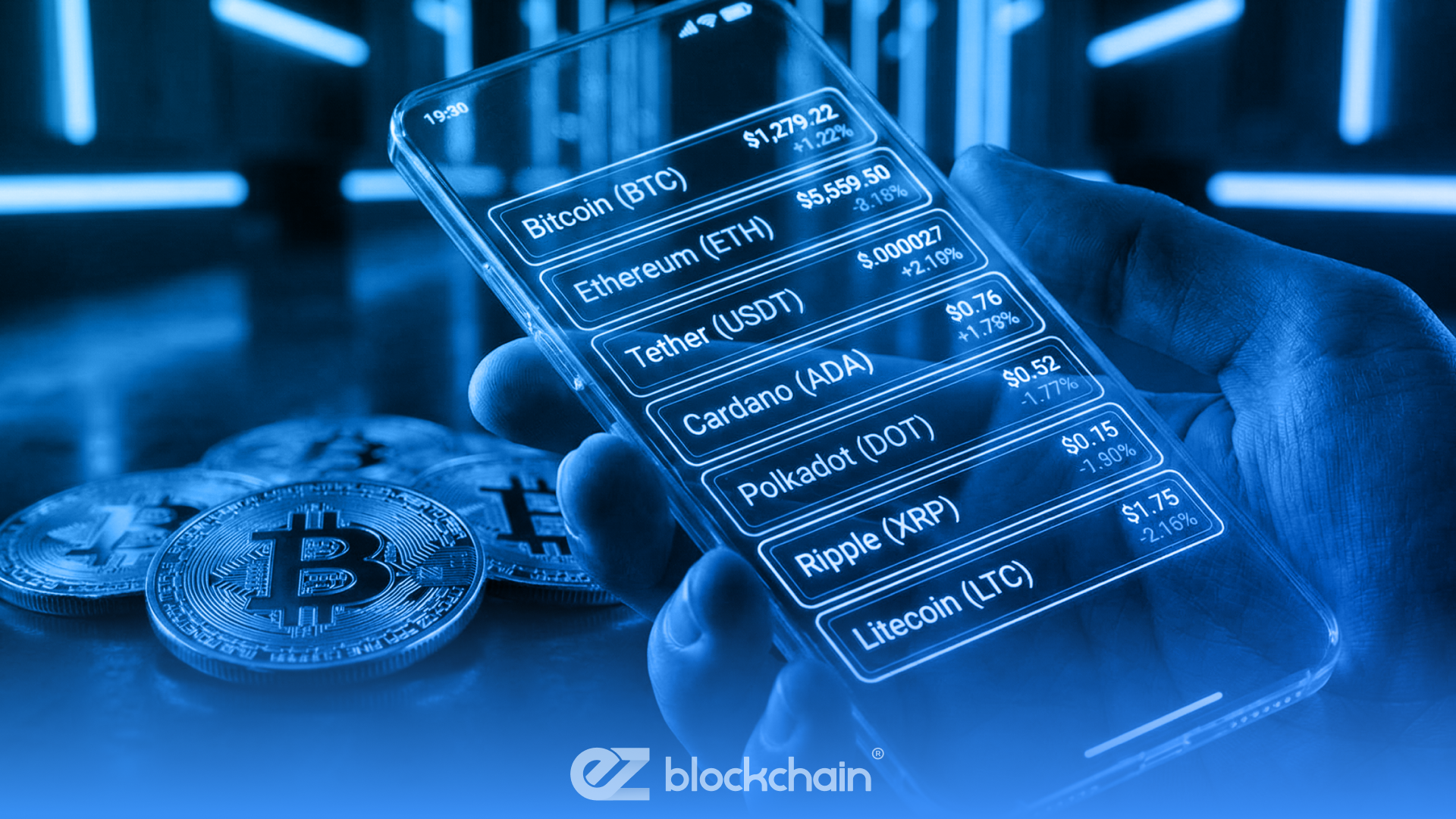Stay up to date with the latest news, announcements, and articles.

In this article, we’ll go through the most common reasons cryptocurrency transactions fail, how to prevent them, and some tech solutions that will help you verify your transaction’s safety. But first:
Common Reasons Crypto Transfers Fail
Why can’t I send Bitcoin? If this question came up for you even once, you’ve discovered the risky side of direct crypto transactions. The good news, however, is that by learning the main reasons and details behind such failures, it’ll be easier to avoid them altogether in the future. So let’s take a look. Your transfers may fail due to:
Incorrect wallet addresses
One of the most frequent causes of a crypto fail is a faulty address. A single wrong character, mixed up public or private key formats (e.g., sending Bitcoin to a Bitcoin Cash address), or using the wrong network can make the transfer unrecoverable. Keep in mind, blockchain transactions are irreversible, so once it’s sent, you can’t turn things back. According to CoinTelegraph, “wrong address, wrong network or underpaid fee” is a top mistake.
Network congestion and delays
We’ve mentioned issues with BTC, but how long do Ethereum transfers take? It depends. Blockchains like Bitcoin or Ethereum can both get congested during peak mining times. Usually, transactions sit in the mempool awaiting confirmation. If there’s high demand, it can take much longer than usual for your transaction to be picked up by miners or validators. A low fee plus congestion may only add to the delay.
Insufficient fees
If you set your network fee (i.e., your gas) too low, miners may deprioritize or completely reject your transaction. Especially in Ethereum and DeFi settings, you might run out of gas, which means your fee budget was inadequate for the transaction. Without a high enough fee, the transaction can stay “pending” or ultimately fail.
Exchange or platform issues
Sometimes the failure really isn’t your fault. If you use an exchange or custodial platform, they may restrict you from sending crypto due to account limits, KYC checks, security holds, or internal maintenance. For example, on Coinbase, if you used bank-funded fiat to buy crypto, that crypto might be on hold before you can send it. Also, Coinbase’s system might lose sync or reject the transaction internally, leaving it in the pending status They are not too frequent, but there are platform-wide user reports like:
- “I can NOT send crypto!! … Crypto Sends Restricted … we have limited your ability to send crypto.”
- “Why can’t I send BTC I just bought off of Coinbase until Dec 6th?!”
How to Prevent Failed Crypto Transactions
From wondering can Bitcoin fail to transact due to this or that?, let’s move on to some practical solutions for minimizing the possibility of bad transfers. Here’s what helps prevent and avoid failed crypto operations
Double-checking wallet addresses
First off, always make sure to verify the full destination address. Just in case, use copy and paste (not manual typing), and check the first few and last few characters. Confirm the correct network (e.g., ERC-20 vs. BEP-20 vs. TRC-20). Also, many wallets let you “add as contact” so mistakes are less likely next time.
Understanding network fees
Before sending any crypto, discover current network fee rates. Many wallets have toggles for “slow/average/fast” presets. Use the “fast” toggle or recommended fee in times of congestion. On Ethereum, make sure that the gas limit and gas price are adequate. If you’re unsure, take a look into a block explorer or fee tracker for that blockchain.
Confirming blockchain status
Check the status of the blockchain network you’re using. Sometimes delays or maintenance happen. But you can use block explorers to see mempool status, block confirmations, or whether your transaction is visible. Try tools like Etherscan for Ethereum and Blockstream.info for Bitcoin. If your transaction is not showing on blockchain, that’s a red flag: it may never have been broadcast.
Using reliable exchanges and wallets
Use exchanges and wallets with good reputation, uptime, and transparency of subscriptions. Avoid new or little-known services with poor reviews. For example, users sometimes cannot send crypto from Coinbase due to restrictions or internal errors: “Coinbase can’t send bitcoin” is a known complaint. Also, make sure your wallet software is up to date.

Tools and Tips to Verify Before Sending
To back up your efforts in preventing any faulty crypto transfers, you can use the following types of tools:
- Block explorers: Blockchain explorers allow you to see if the transaction is visible once sent, to check fee levels, and to confirm the network.
- Fee estimators: Many wallets feature built-in estimators, but external tools help you see what fee’s needed right now on the platform you need.
- Small test transfer: If sending a large sum, send a small test amount first to minimize risks.
- Whitelist and address book: Use saved contacts when possible, so you’re not retyping or copying each time.
- Transaction acceleration and replacement: Some wallets and exchanges allow you to bump or replace a transaction (like the RBF in Bitcoin, and “speed up” in Ethereum) if it’s stuck due to low fee.
- Check platform notifications: Exchanges sometimes flag or restrict sends for security or compliance reasons. You should check your account for alerts or missed verification steps.
The three most important types of solutions you’ll need deserve a few separate words:
Address verification tools
Using address verification tools right before sending any crypto will help you cut the risk of mistakes or malicious addresses. A crypto wallet address checker validates whether the format of an address is correct, flags known scam or blacklisted addresses, and confirms that the address is tied to the correct blockchain.
Tools like CheckCryptoAddress.com let you paste the address in and run checks to catch typos, invalid characters, or mismatches.
Fee calculators and gas trackers
To cut the chances of transaction fails or delays, you can use specialized fee or gas calculators and trackers. These tools show real-time network conditions and estimate how much fee is appropriate so your transaction won’t get stuck. For example, ETH gas calculators allow you to input gas price (in gwei) and gas limit to estimate total ETH cost in USD. If the network is congested, the tool can suggest you increase the fee for faster confirmation.
By checking fees before sending anything, you reduce the risk of your transaction not showing on blockchain or staying pending indefinitely because of underpaid fees.
Test transactions for large transfers
If you plan to send a large sum of crypto, you should conduct a small test transaction first. Send a minimal amount to the target address. If it arrives, you confirm that:
- the address works
- the network and fees are sufficient
- there are no unexpected restrictions
This allows you to “dip your toes” in the network and see its current condition, and if something fails, only a small amount is at stake.
Consequences of Failed or Incorrect Transfers
Failed or incorrect transfers can result heavy costs, both financial and procedural, including:
- Loss of funds and irreversibility: You already know that crypto transactions are immutable by design. If you send coins to the wrong address or wrong network, there is often no recourse.
- Fees still consumed: Even if a transaction fails (e.g., due to out-of-gas or underpaid fee), the gas or miner fees are still spent and not refunded.
- Reputational or trust damage: In business settings, a failed or delayed transfer can harm trust with partners or clients.
- Operational disruptions: Delays or funds stuck can interrupt liquidity, payment flows, or cause cascading failures in automated systems.
- Recovery effort and time cost: If the address is traceable (e.g., it belongs to an exchange or known party), you may try contacting them — but the success of this is not guaranteed and takes time and effort.

Best Practices for Safe Crypto Transfers
Last but not least, here are some more insightful manipulations that you can do to cut the risks of crypto transaction fails:
- Always double-check the full address
We can’t emphasize this enough. To reinforce your accuracy, use an address book or whitelist features. - Use address verification tools and checkers
Before sending any coins, validate formats and risk levels with tools like wallet address checkers. - Use proper network and token compatibility
Make sure the blockchain matches the addresses on both ends. Don’t send ETH to a BSC address by mistake. - Use real-time fee estimators and gas trackers
Customize fees based on current network load so your transfer doesn’t get stuck or fail. - Test a transfer with a small amount first
For large transfers, always try a small test transaction before sending big. - Enable replace-by-fee (RBF) or transaction acceleration (if supported)
Some wallets and exchanges allow you to bump up fees or accelerate a stuck transaction, so use that in faulty cases. - Use trusted exchanges and wallets
Platforms with clear policies and good reputation will help you avoid internal holds or failures. - Monitor transaction on a block explorer
After sending, check whether your transaction appears and how many confirmations it gets. - Keep software and firmware updated
Wallets, nodes, or interfaces may have bug fixes or security updates that eradicate risk. - Maintain logs and records
Save transaction IDs, screenshots, wallet addresses, and timestamps — that will come in handy if anything goes wrong and you need to follow up or investigate.
Got more questions? Talk directly to EZ Blockchain experts for an individual consultation, choice of the best available crypto solutions, and mining hosting.
Fill out a form and our bitcoin mining expert will contact you.
FREE CONSULTATIONchoose
a miner
profit and
understand data?
business remotely
with EZ Blockchain?
Fill out a form and our bitcoin mining expert will contact you.









